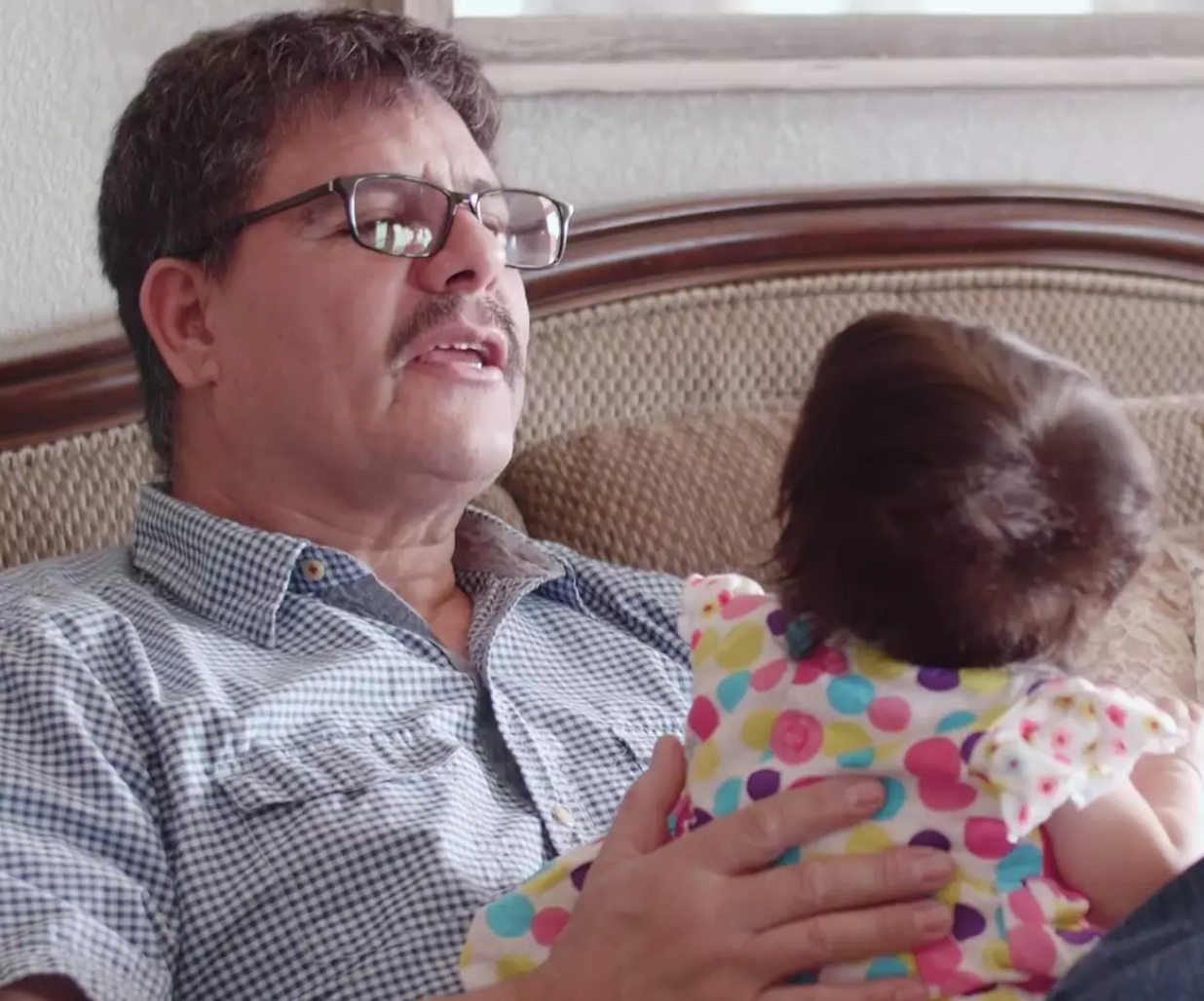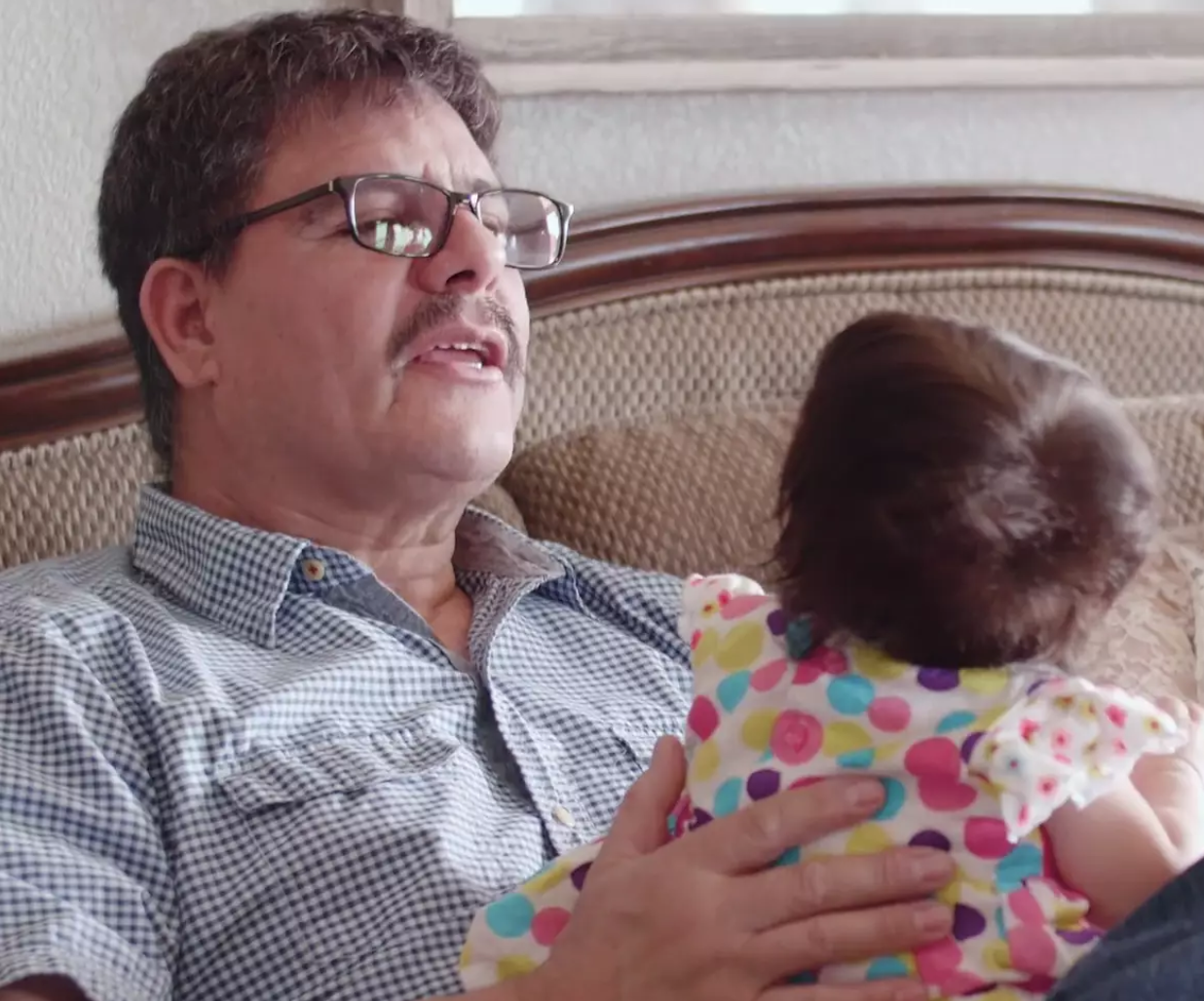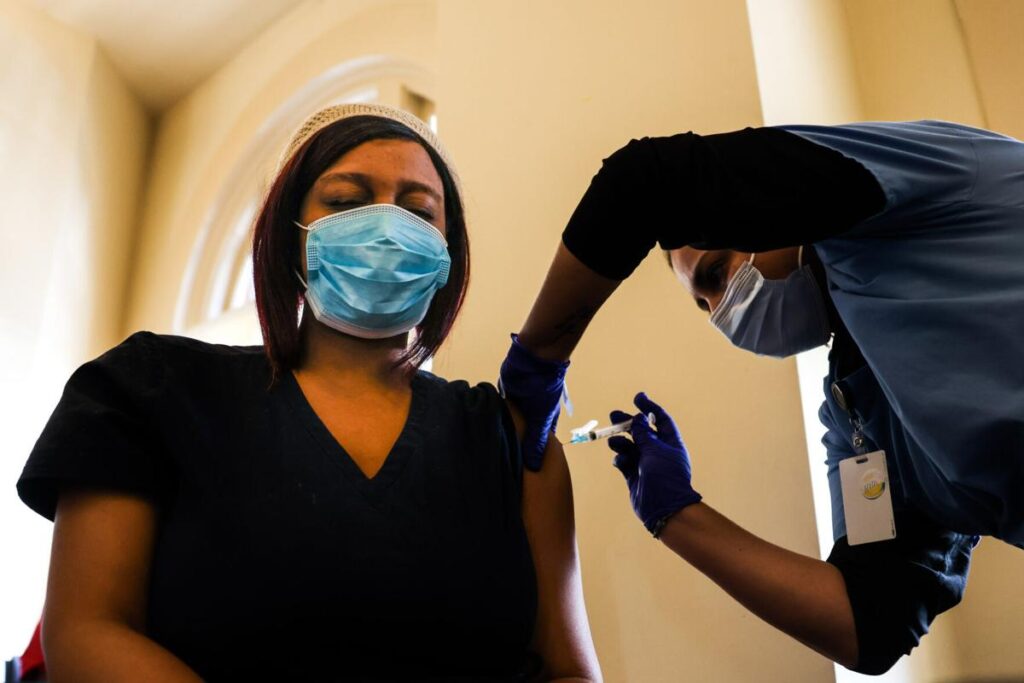State Sen. Martinez Humenik: 276 Colorado foster kids still need to be adopted

State Sen. Beth Martinez Humenik, R-Thornton, doesn’t have kids of her own, but getting foster kids into a permanent home is an issue she holds close to her heart. And though November was National Adoption Awareness Month, it’s a very real year-round need, she said.
“Kids just need love,” Martinez Humenik said about chrildren waiting to be adopted. “They need a safe environment and need someone to care for them and love them. That’s the universal condition.”
Parents of kids who adopted their foster children were recognized at the Governor’s Mansion in November. That’s where Martinez Humenik visited with families who had been made whole, and was inspired by their stories.
“One guy adopted his sister’s kids,” she said. “He said ‘thank goodness my mother is close and very helpful’ … he was really afraid he wouldn’t get approved because he’s single.”
She recalled another family there, two married women, who adopted a transgender teenager.
“He said it was the best thing that ever happened because no one had ever accepted him before,” Martinez Humenik said. “I think the goal is to give kids a happy life with caring, compassion and love, and to help them grow into the person they’re going to become.”
Most people don’t even know how the foster system works, she said.
“If there’s a lot of red tape people have to go through, they won’t embark on that journey,” she said, “and who loses out? The kids.”
Martinez Humenik wants to see reform in a system where kids sometimes fall through the cracks. Those are the ones who all too often end up in juvenile detention centers and later, the corrections system. During a recent tour of some of the state’s youth corrections centers, she talked to one of those kids.
“He was from a family of six kids and his mother had made it clear she only kept them for child support, she didn’t really want them,” she said. “He told me he was worried about his brothers and sisters; he had really worked hard to turn himself around. I told him, ‘I’m so proud of you. You have such potential.'”
The boy is out of the corrections system now, but Martinez Humenik still worries about him.
“He didn’t want to go home,” she said. “To have kids in the system – it kind of reminds me of some of the movies Hollywood has done, the older kids see that the little kids get adopted and they feel like they’ve been thrown away. They need guidance to meet their full potential.”
Martinez Humenik, who taught for many years, said school counselors face a mounting number of mental health and behavioral problems, including children who are dealing with abuse and addiction problems. ” These kids are typically ones who end up in the foster care system,” she said.
“I had a student who was there only a few days a week,” she said, and another student explained that her mom was an alcoholic. “She would say her mother was in one of her ‘deep sleeps.’ It breaks my heart that parents are passed out in their cars with a baby and a toddler in the backseat,” she said, referring to the increasing problem of opioid and heroin abuse.
She talked about another child whose parents were busted in a meth raid, saying he was on the front porch in his Halloween costume but no shoes when police arrived.
“This little kid would come out and watch the other kids get on the bus every day,” she said, tearing up. “He wanted to go school that day because he heard there was a party and he wanted cupcakes. He ran after the bus with no shoes on.”
Legislatively, she’s supporting measures that would make it easier for parents to get help for mental health issues and addiction problems. A lot of parents have to relinquish their children to get mental health services, she said, preventing many from getting the help they need. Some people might be surprised to see where addiction strikes most, she said, noting that the highest rate is in two-parent homes bringing in more than $70,000 a year.
Changing the stigma of foster homes and the idea that the adoption process is one stymied by red tape would get more kids into stable environments, she said.
“Adoption is extremely important,” she said. “We need to get past the idea that older kids come with baggage from their past. If you nurture children, let them know that they matter.”
The state is trying to find more foster parents, especially those who can take care of children with special needs, siblings and older children. Colorado Politics has reported that Colorado needs 1,200 more foster families in the next two years.
For more on how to foster or adopt a child, visit the Department of Health and Human Services. Last year, more than 877 Colorado children who were in foster care were adopted, the department reports.
“People are still afraid of what they don’t know or don’t understand,” said Martinez Humenik. “People working two jobs, they don’t see that they can do it. But kids are kids.”
Editor’s note: This article was updated at 9 a.m. to correct that Ms. Martinez Humenik is a state senator not a state representative.














